Biography
Early life and education
Magtymguly is widely believed to have been born in the Hajygowshan village near Gonbad-e Qabus city in what is now the Iranian province of Golestan, the northern steppes of which are known as Turkmen Sahra (“Turkmen steppes”). In his poetry, Magtymguly says “Tell those who enquire about me that I am a Gerkez, I hail from Etrek and my name is Makhtumkuli,” identifying his homeland as the banks of the Etrek River and expressing his identity through his tribe.
He received his early education in the Persian and Arabic languages from his father Döwletmämmet Azady (Persian: دولتمحمد آزادی), a leading scholar at that time. He went on to study in various madrassahs, including the Idris Baba Madrassah in the village of Gyzyl Ayak, the Madrassah of Shir Gazi Khan in Khiva, and may have also studied in Bukhara for some time.
Later life
Upon his return home, Magtymguly worked as a silversmith while he taught and wrote poetry. He went on to develop a realistic style of writing about 18th century Turkmen that proved very popular and ultimately led to him becoming one of the most cherished Turkmen poets of all time. He was also a devout naqshbandi Sufist who was said to have traveled throughout all the lands comprising modern Turkmenistan, teaching and praying for the salvation of his people.
Not much is known about Magtymguly’s family life. He was unable to marry Mengli, the woman that he loved, yet it seems he was married to someone else. His elder brothers Abdulla and Mahammetsupa disappeared, and his children died young. Magtymguly was also pained by the loss of his father, with whom he had maintained close scholarly relations throughout his life.
Some of Magtymguly’s poetry, along with stories collected from Turkmen oral traditions, suggest that the poet was taken prisoner at some point in his lifetime, likely in Mashad, Iran. It is unknown who took him captive, yet such events were common in 18th century Iran and Turkmenistan. A servant of the ruler, who was also a Turkmen, allegedly aided Magtymguly’s escape.
Magtymguly is buried in Aktokay village in north-eastern Iran. The Iranian government has inaugurated a mausoleum on his grave.
Political ideals

Magtymguly promoted the idea of keeping the Turkmen-way sacred, as well as maintaining the unity and integrity of the Turkmen nation. During his lifetime, his efforts had minimal success overcoming the existing tribal loyalties and rivalries.
The Turkmen tribes of the 18th century were torn by internecine strife and the aggressions of powerful neighbors. Much of Magtymguly’s poetry depicts the suffering of the common people as caused by the selfish predations of those in power.
Magtymguly also criticized rulers and many religious figures for their exploitation of the poor and their mockery of justice in such stanzas as: “Khans of Gokleng have been spoiled/They think we do not deserve any comfort/They took away all our belongings/ We could not do anything but watch them,” and “Rulers dispense no justice anymore/Muftis issue justice for a farthing.”
Poetry
Magtymguly was one of the first Turkmen poets to introduce the use of the classical Chagatai, the court language of the Khans of Central Asia, as a literary language, incorporating many Turkmen linguistic features. As such, his poetry exemplifies a trend towards increased usage of Turkic languages (as opposed to Persian), and Magtymguly is revered as the founder of Turkmen poetry, literature, and language. Magtymguly is widely revered as holy among Turkmen communities, and his poems are often quoted as proverbs in Turkmen society.
Magtymguly made wide use of the qoshuk form of poetry, which features prominently in Turkmen folk songs and is easily adapted to Turkmen musical forms. The qoshuk form consists of quatrains with lines consisting of eight or eleven syllables, and follows a rhyming scheme of ABCB for the first stanza and CCCB, DDDB, etc. for the following stanzas. The compatibility of Magtymguly’s poems with traditional musical forms allowed them to be easily adopted by bakhshis, traditional singers.
Magtymguly’s first poem, “By night when I was asleep… Revelation”, was composed following an incident when Magtymguly was a young boy. His parents were attending a wedding, but Magtymguly was sleeping, and they left him behind. As he slept, he began to foam at the mouth, and his parents were called back to the house. When his father awoke him, Magtymguly recited his first poem. Additionally, one of Magtymguly’s poems recounts a dream in which Omar Khayyam bestowed upon him the gift of poetic invention.
His poetry is often highly personal, but also takes up universal themes. His work includes elegies on the deaths of his father and children and the disappearance of his brothers, incitements to Turkmen unity, tirades against unjust mullahs and khans, praises of religious figures (such as the Twelve Imams), and laments at losing his beloved to another.
On one occasion, Magtymguly’s village was raided, and his possessions, including manuscripts of his poetry, were carried away on a camel. The camel slipped, spilling the manuscript into the Etrek River. Upon seeing this, Magtymguly composed the following lines: “Flood took my manuscript, thus leaving me behind with tears in my eyes.” The poem also contains the lines “Making my dear life lost to all that’s good, / An evil fate wrought awesome sacrilege / Hurling the books I’d written to the flood, / To leave me bookless with my grief and rage.”
Though Magtymguly apparently recorded much of his poetry, none of the original texts are currently known. A handful of manuscripts’ existence is chronicled by scholars working under the Russian Empire. However, following the Bolshevik Revolution in 1917, Soviet policy regarding anything written in the Arabic script as religious led to the destruction of many of these manuscripts. Many Turkmen who possessed manuscripts buried them while fleeing the Soviet Union to Iran.
“Türkmeniň”
Magtymguly’s most famous poem among the Turkmen people is “Türkmeniň” (of the Turkmen). The poem depicts the beauty of the Turkmen land, praises valiancy and spirit of the Turkmen people, and calls for the unity of all Turkmens.
The following is Magtymguly’s “Türkmeniň” poem with the text transliterated into Turkmen (Latin) letters, whereas the original language is preserved. Second column is the poem’s Turkish translation, while the third one is its English translation.
|
Jeýhun bilen bahry-Hazar arasy, Hak sylamyş bardyr onuň saýasy, |
Nehr-i Ceyhun Bahr-ı Hazar arası, Hak sılamış vardır onun sayesi, Al yeşil bürünüp çıkar perisi O merdin oğludur, merttir pederi, Gönüller, yürekler bir olup başlar, Gönül havalanır ata çıkanda, Gafil kalmaz dövüş güni har olmaz, Tireler kardeştir, uruk yaridir, Sarhoş olup çıkar ciğer dağlanmaz, |
Between the Amu-Darya and the Caspian sea, The Almighty blessed this land. His shadow is present. Its beautiful woman will come out covered in green, He is the son of a brave man, his father is valiant, Hearts, souls and will unite as one, His soul will fly when on horseback, He will not despair, and will not lose on the battle day, The clans are brothers, and the tribes are friends, He will come out like drunk (fervent, mad), will not despair, |
Legacy

The day of Magtymguly’s birth, May 18, is a national holiday, called the “Day of Revival, Unity, and the Poetry of Magtymguly”.
Monuments
Monuments of Magtymguly Pyragy are installed in various cities of the world. The largest number of sculptures is in the cities of Turkmenistan and the countries of the former USSR (Kiev, Astrakhan, Tashkent,[24] Khiva), as well as in Iran and Turkey. In particular, a monument to Magtymguly made of concrete and natural stone was erected in the center of Ashgabat in 1971, in the Magtymguly Square on Magtymguly Avenue.
Toponyms
- Magtymguly District is etrap in the Balkan Region of Turkmenistan.
- Magtymguly is a city in far south-western Turkmenistan in Balkan Province.
- Magtymguly is a zones of the gas and oil field of Turkmenistan.
- The streets of Ashgabat, Nur-Sultan, Karshi, Tashkent, Turkmenbashi, Urgench and a number of smaller cities of Turkmenistan and other countries of the former USSR are named after Magtymguly.
Institutions and organizations
The following are named after Magtymguly:
- Turkmen State University.
- Magtymguly Institute of Language and Literature.
- Magtymguly Musical and Drama Theater in Ashgabat.
- Youth Organization of Turkmenistan named after Magtymguly
- Library named after Makhtumkuli in Kiev
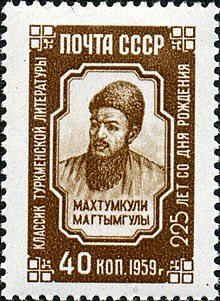
Cinema
- Makhtumkuli (1968, producer Alti Karliyev) — the role was played by Hommat Mulluk.
- Fragi – Razluchyonnyy so schastyem (1984, producer Khodzhakuli Narliev) — the role was played by Annaseid Annamuhammedov.
- Magtymguly poems sound in the movie Okhlamon (Tentek) (they are read by the protagonist of the film).
Other
- In 1974, in memory of Magtymguly, an orchestral composition by Veli Mukhatov was created the symphony “In memory of Magtymguly”.
- In 1992, the Magtymguly International Prize in the field of Turkmen language and literature was established.
- In 2013, in honor of Magtymguly, the composition of Mamed Huseynov was written the concert mono-opera “Monologues of Magtymguly Pyragy”.[citation needed]
- From 2001 to 2009, the month of May in Turkmenistan bore the name “Magtymguly aý”.
- In 2014, the Magtymguly Pyragy Medal was established with the aim of rewarding for great achievements in the study, dissemination and promotion of the creative heritage of Magtymguly.
- Turkmen dry cargo ship Magtymguly.
Postage
In 1959, the USSR postage stamp dedicated to Magtymguly was issued. In 1983, the USSR postage stamp dedicated to Magtymguly was issued.
In numismatics
-
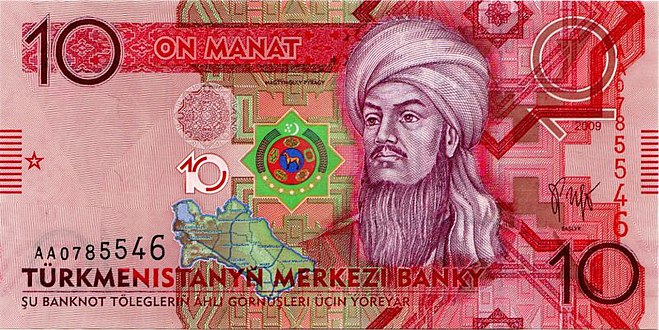
Banknote of 10 manat of Turkmenistan with the image of Magtymguly (2009)











 Candle Holder
Candle Holder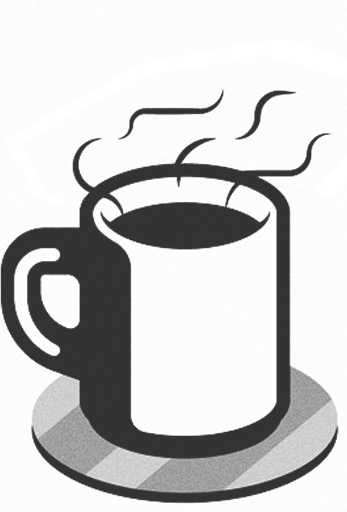 Coasters
Coasters Jewelry Box
Jewelry Box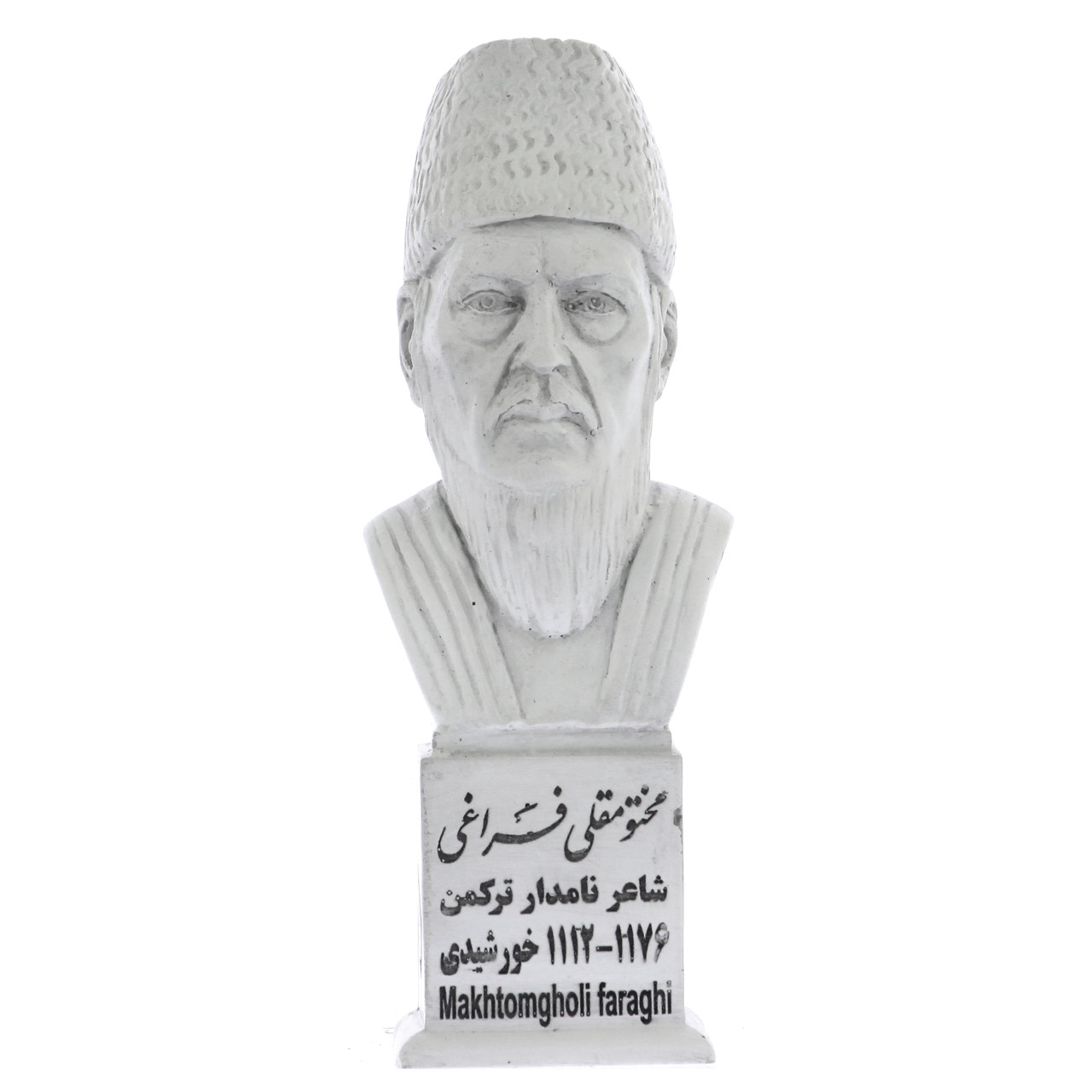


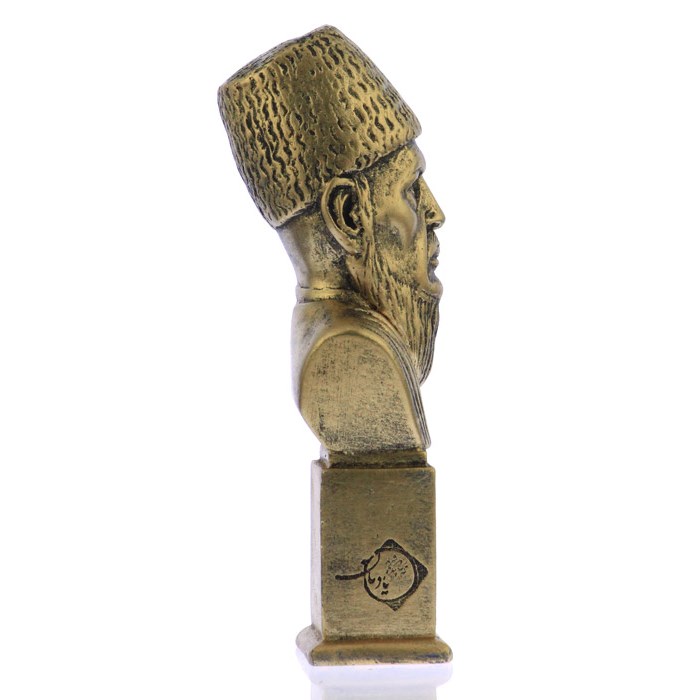

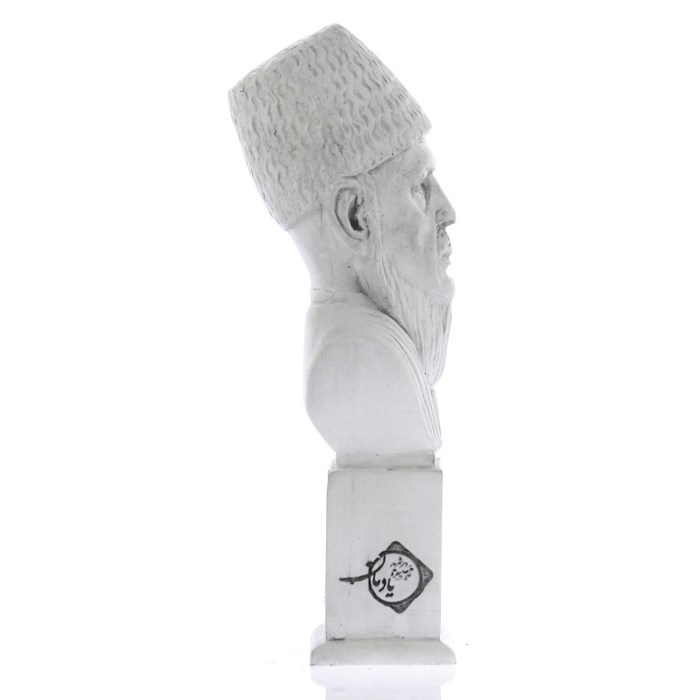

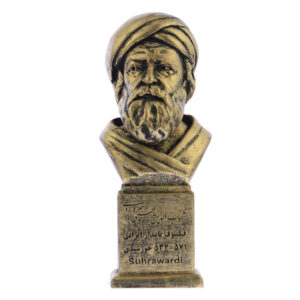
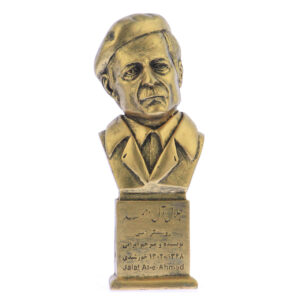
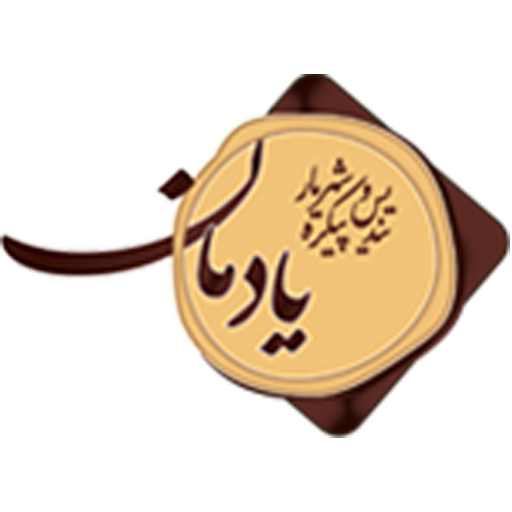
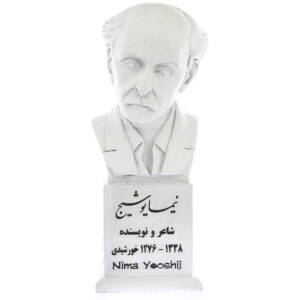
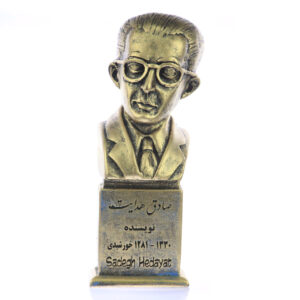
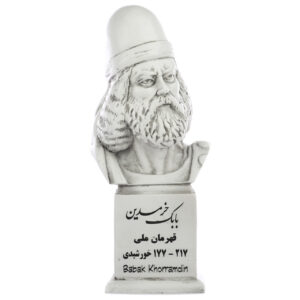
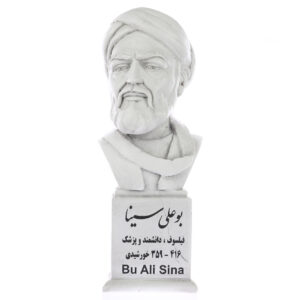

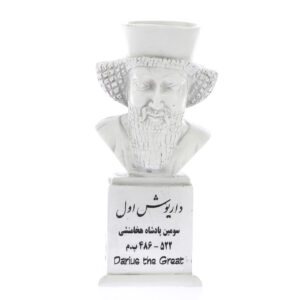
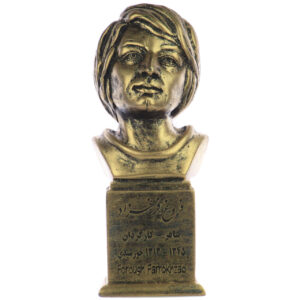

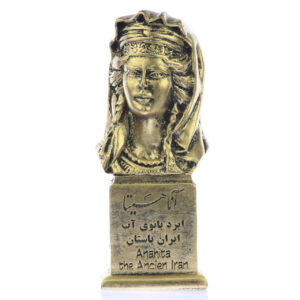
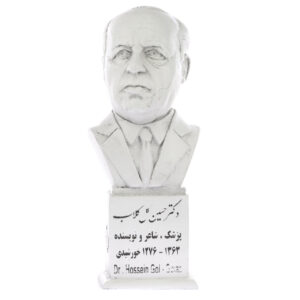



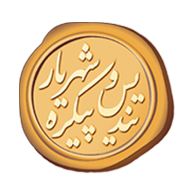
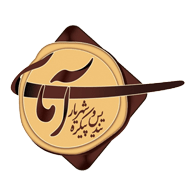
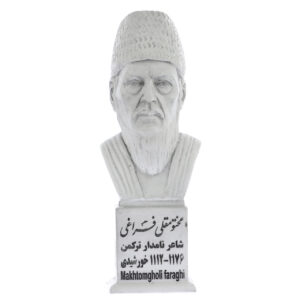
Reviews
There are no reviews yet.